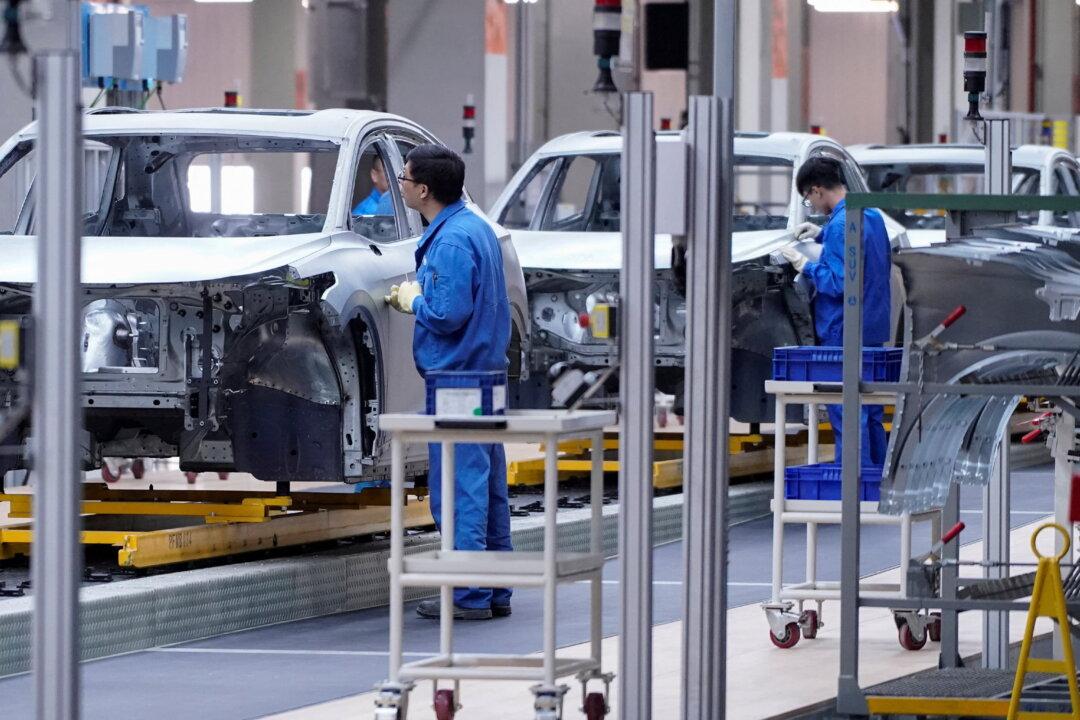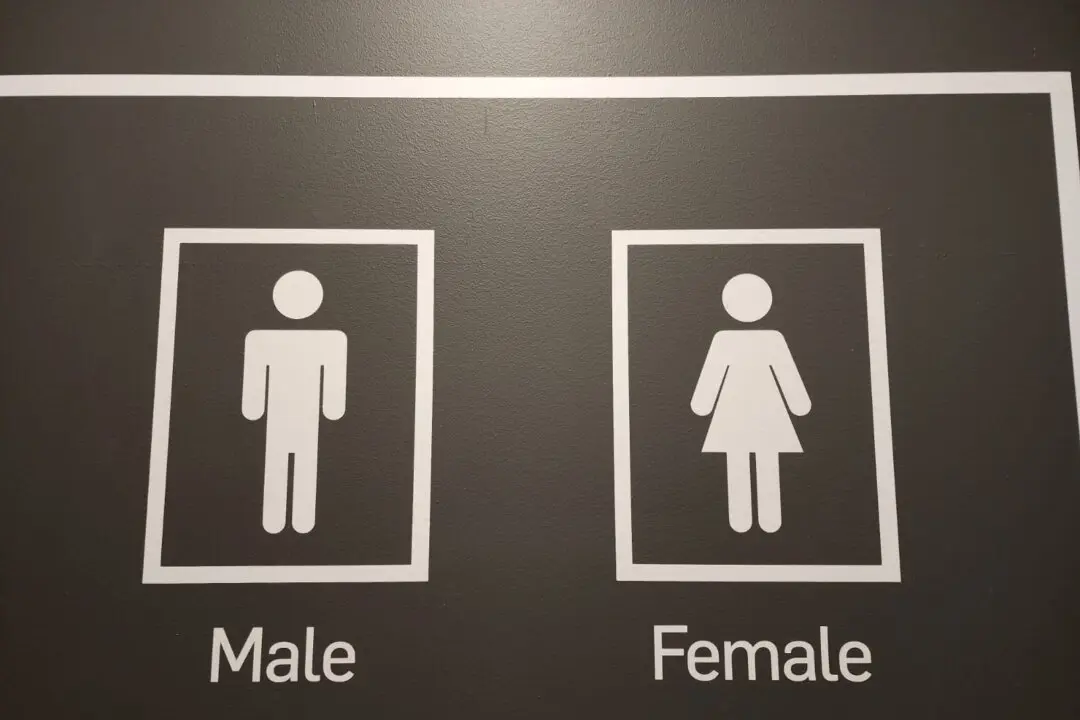Geopolitical strategist Peter Zeihan has dismissed the possibility of electric vehicles (EVs) going mainstream in the next 10 years owing to limitations on materials and unresolved supply chain issues.
“The lithium comes from one place, and it’s all processed in China. So, just building the alternate processing infrastructure … and by the way, we have to invade Russia too … just to get the materials to do EVs at scale is just laughable for the next decade. We need a new technological series of breakthroughs in material sciences before that is possible,” Zeihan said on Sept. 8 at the 54th Annual ECC PerspECCtive Conference in San Antonio, Texas.





